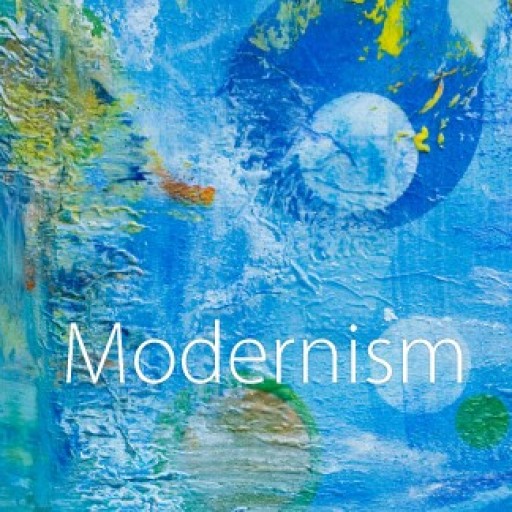Joan Didion’s title work in the anthology of personal essays, “Slouching Toward Bethlehem” is a bleak look at the 1967 Summer of Love, a blossoming cultural revolution of idealistic young runaways in the Haight-Ashbury neighborhood of San Francisco. During the summer over 100,000 young people converged on the area to drop acid and create utopian societies. Slouching Toward Bethlehem takes its title from the poem “The Second Coming” by William Butler Yeats, which is similarly concerned with a budding revolution. Joan Didion’s allusion to “The Second Coming” reflects Didion’s cynical outlook on the events of the Summer of Love.
From the first paragraph, Didion intersperses lines of Yeats’s “The Second Coming,” reinforcing the eerie forecast of revolution. The first line of the work is “The center was not holding,” paraphrased from Yeats and is then followed by a panorama of the preceding months of runaways, causal killings, drifters, and missing parents and children. This image is starkly discordant and sets a tone of the dark story to come.
The essay “Slouching Towards Bethlehem” holds echoes of images in “The Second Coming.” The “Blood-dimmed tide” could easily be used to describe the ailing bodies consumed by drugs that Didion describes in great detail throughout the story. The colorful characters she describes during the course of her vignettes could easily be the lion figures slouching towards Bethlehem in Yeats’s poem. Many of the characters both “lack all conviction” or “are full of passionate intensity. ”
Didion’s narration of the Summer of Love is parallel to “The Second Coming” : full of trepidation about what the next age will bring. The application of “The Second Coming” to the countercultural revolution of the 1960s reveals the transcendent and far-retching affects of the widening gyre Yeats describes.

It’s so interesting that Didion interprets the “Summer of Love” with such apocalyptic visions! I feel like this event is portrayed in so much else as something exciting, and refreshing in its newness, at the least not as disparagingly as Didion seems to do. The phrases such as the “blood-dimmed tide” and “full of passionate intensity” do seem rather fitting though.